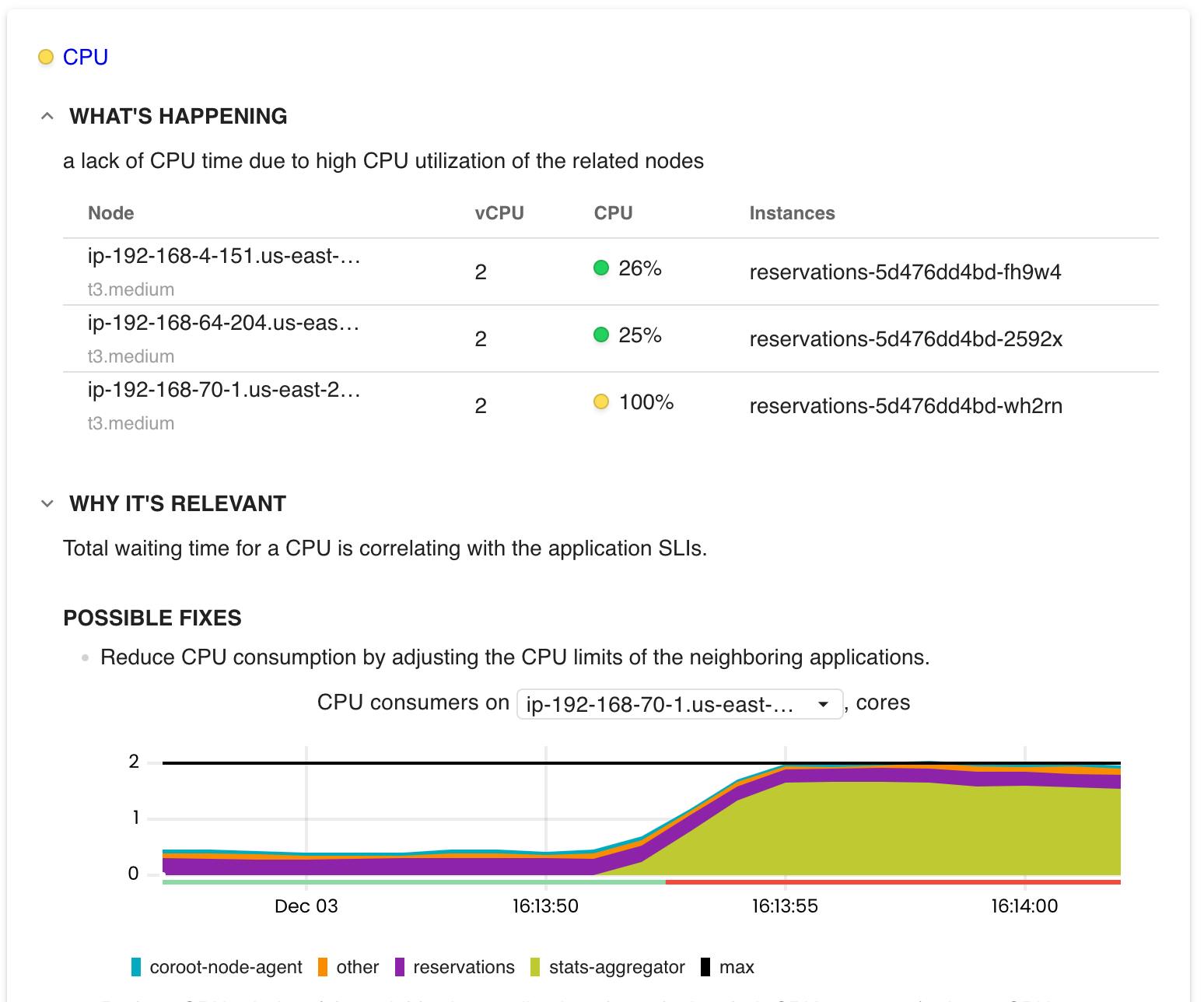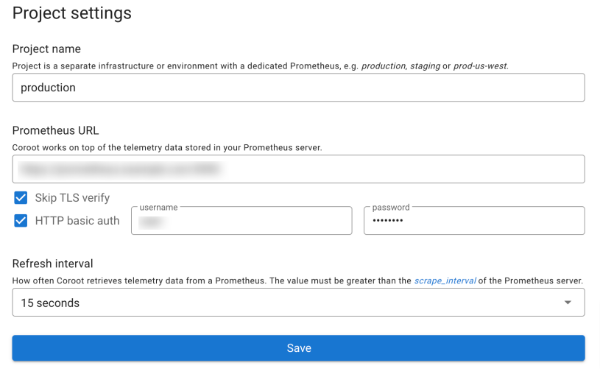Coroot + qryn: turn telemetry into answers
turn telemetry data into answers
Coroot is not another observability platform with flashy dashboards and alert rules. It is an assistant, that not only detects issues in your applications but also provides you with a list of possible fixes. Each recommendation is equipped with all the relevant details to implement the fix.

Let's start with the really good news:
Since the storage backend is Prometheus remote_write, Coroot is natively compatible with qryn. There's more - Coroot Node-Agent uses eBPF and also requires zero modifications to your app stack. It's plug-and-play observability!
Let's spin up a quick tutorial to showcase this exciting combination in action!
Requirements
qryn setup or qryn.cloud account
docker, docker-compose
Usage
Clone the tutorial repository at https://github.com/metrico/qryn-coroot-tutorial
git clone https://github.com/metrico/qryn-coroot-tutorial
The provided docker-compose will spin up coroot, coroot-agent and vector scraper pointed at your qryn instance, acting as a Prometheus remote_write.
Define your QRYN_URL endpoint and let the data collection begin.
export QRYN_URL=http://qryn:3100/prom/remote/write
docker-compose up -d

Coroot
There's no Grafana this time. The Coroot interface highlights issues and weak spots in your infrastructure, providing a clear view of all components, and helping you profile, fix and prevent service outages.

Configuration
On your first usage, you will be required to create a new Project.
- use your qryn or qryn.cloud endpoint as the Prometheus URL

Usage
Metrics are emitted by the Coroot-Node-Agent and scraped by Vector into qryn. Data will automatically be populated in the Coroot User Interface.
Happy times!

But wait, there's more! We all know the cloud is a dangerous place but fear not: Coroot can calculate your operating Cloud Costs, stored right into qryn!
That's it! 🎉
Enjoy zero instrumentation observability using Coroot + qryn!
Find more about Coroot Community Edition on the official website
Stay Polyglot with qryn!


